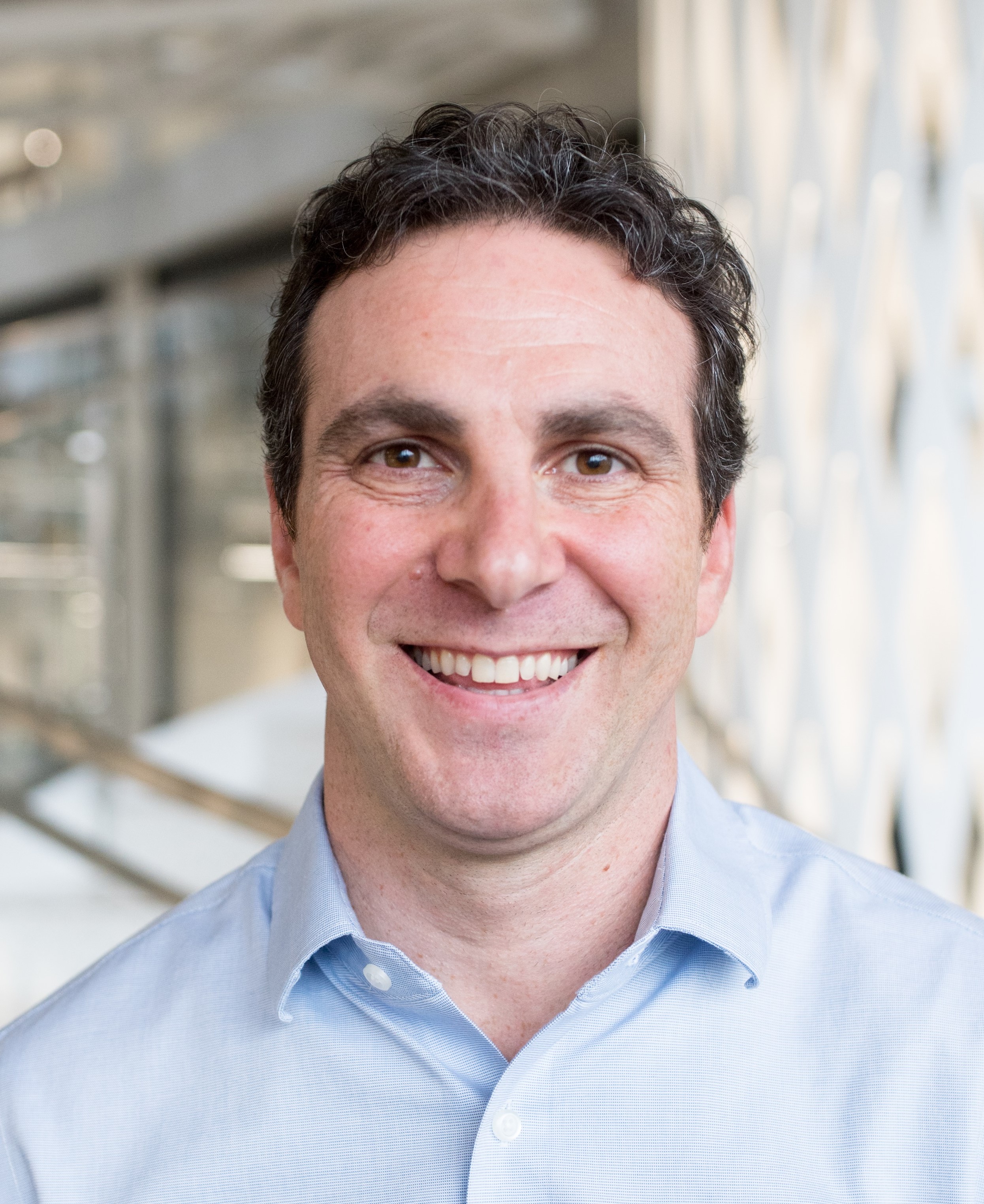James Sulzer, PhD
 Research interests
Research interests
Rehabilitation Engineering, Post-stroke gait, Neural operant conditioning, Robotic exoskeletons, Pediatric rehabilitation
Dr. James Sulzer is Staff Scientist at the MetroHealth Rehabilitation Institute and Associate Professor in the Department of Physical Medicine and Rehabilitation at Case Western Reserve University in Cleveland, OH. He has a courtesy appointment in Biomedical Engineering at CWRU. He also holds an Investigator position with the Advanced Platform Technology (APT) Center at Louis Stokes Cleveland VA Medical Center (LSCVAMC). Prior to his arrival back in his hometown, Dr. Sulzer was faculty in the Department of Mechanical Engineering at the University of Texas at Austin. He received his MS and PhD in Mechanical Engineering at Northwestern University and the Rehabilitation Institute of Chicago (now Shirley Ryan AbilityLab), and was an ETH Fellow for his postdoctoral training at the Swiss Federal Institute of Technology, Zurich (ETHZ). He has a wife and three young children. One of his children suffered a severe traumatic brain injury in May 2020 and this caregiving experience was detailed in a journal article and later featured in The Atlantic.
Dr. Sulzer’s lab, the Rehabilitation with Insight from Robotics and Engineering (Rewire) Lab, has developed expertise in a range of methods to gain a multidisciplinary understanding of neurological impairment. His lab has used robotic exoskeletons, gait biomechanics, musculoskeletal modeling and simulation, reflex neurophysiology, functional magnetic resonance imaging (fMRI), real-time fMRI neurofeedback, operant H-reflex conditioning, psychophysics, and computational modeling.
The Rewire lab is focused on restoration of post-stroke Stiff-Knee gait, a very common but controversial gait disorder. Our approach is to divide and conquer; specifically, isolate the individual impairments such as weakness, abnormal coordination and spasticity and determine the appropriate interventions. Those interventions may be at the level of the musculoskeletal system, the spinal cord, or the brain. For example, we are currently exploring whether we can reduce spasticity in the quadriceps by enabling self-control of spinal reflex excitability via operant conditioning. This could be a safe and effective alternative to drugs and surgery. We are also interested in using exoskeletons as a scientific tool to probe the interaction with the impaired neuromusculoskeletal system to identify effective interventions.
While from a scientific perspective, divide and conquer is a logical strategy, from a clinical/medical perspective, specifically in children, we often lack that luxury. Dr. Sulzer’s experience as a caregiver has taught him that translatable interventions must address multiple impairments simultaneously, be accessible, and provide an enriched environment that sustainably motivates the user, among other qualities. Rewire is developing such environments for pediatric rehab together with local collaborators.
Lab website: rewire-lab.org



















